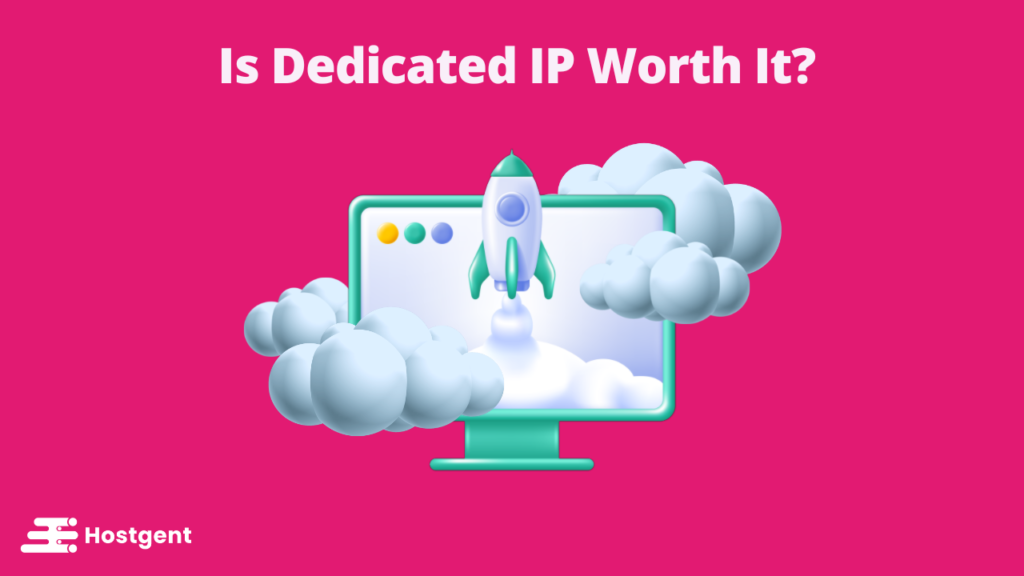You may have seen “www.google.com” on the browser tab or in your e-mail, but what does it mean? The domain name system (DNS) came into existence because IP addresses consist of multiple numbers — and that is not very user-friendly. Look at a domain name this way: “www” and “google,” with dots in between. A human can tell that
Types of IP Addresses
There are different IP address types. The four main types are private, public, static, and dynamic.The first two describe the network’s location:
Private IP addresses only operate within a local network. Your router assigns each device an IP address to communicate with it internally.
Public IP addresses are used to access the internet and are assigned by your internet service provider (ISP). All devices using the same internet connection have the same public IP address.
Each device connected to the internet has two IP addresses because we don’t have enough IP addresses for the number of devices we use. The IPv4 (IP version 4) created in the 1980s used a 32-bit system that did not account for how fast the internet would grow. Thus, IPv6 was deployed.
The latter two types of IP addresses — static and dynamic — describe the network’s permanency.
A static IP address does not change. It is manually created. They are typically generated for servers that host websites or provide email and FTP services.
A dynamic IP address changes and is the most common type of IP address. They are only active for a certain amount of time, after which they expire. The computer then either receives a new IP address or automatically requests a new one.
Shared IP vs. Dedicated IP
A shared IP address is used by multiple domains. Most websites start with a shared IP address like shared hosting plans. While shared IP addresses are common with shared hosting, it is possible to have a shared IP address without a shared server. For example, your web hosting provider could offer a Managed WordPress hosting package that shares an IP address but does not share server resources.
On the other hand, a dedicated IP address is a static IP address you have sole use over. It isn’t tied to other domain names.
Benefits of a Dedicated IP
There are many benefits of a dedicated IP, including improved site speed and security. As you’re the only one using the IP address, there is zero chance of your IP getting blocked – unless you do something malicious such as sending out spam emails, viruses, or malware.
Let’s explore the benefits of a dedicated IP in detail:
1-View Your Website Using IP Address
One of the benefits of a dedicated IP is that you can visit your website by entering your IP address as you’re the only one using it.
2-Reduces the Risk of IP Blacklisting
While sharing an IP address is generally safe, it risks country-specific blocking of your website. Another website on your server may perform illegal activities such as sending out spam emails, viruses, or malware and get you blocked by search engines.
3-Faster Emails
Another dedicated IP benefit is faster email deliverability. Email services such as Gmail and Yahoo trust emails from dedicated IPs more than those from shared IP addresses. These mail services often double-check emails from shared IP addresses because there’s a greater risk of getting spam emails from email accounts hosted on those IPs.
4-Safer and Quicker File Transfer
You can build your file transfer protocol (FTP) server to share files within an organization with a dedicated IP address. It will offer you better protection and a faster file transfer rate.







